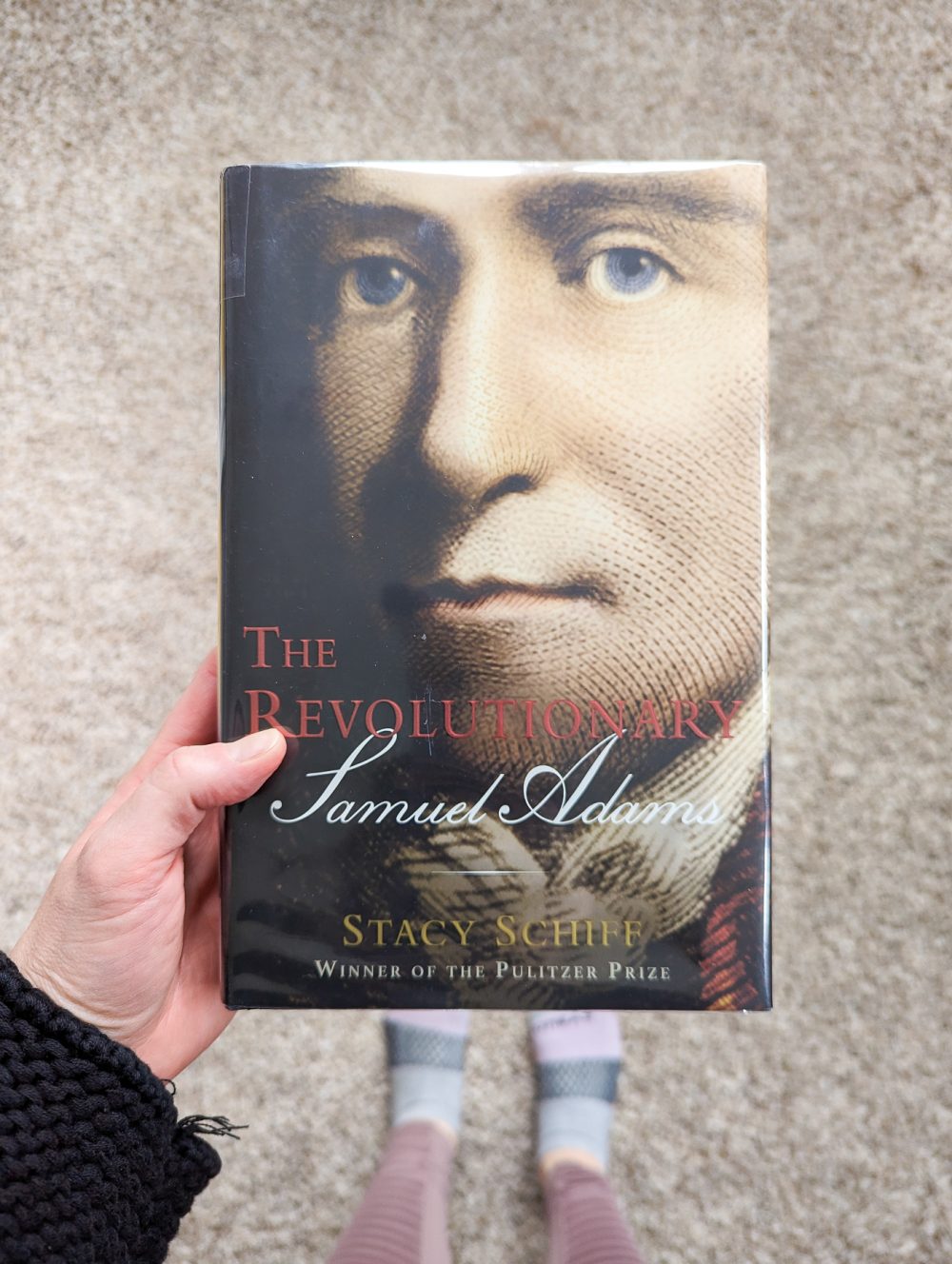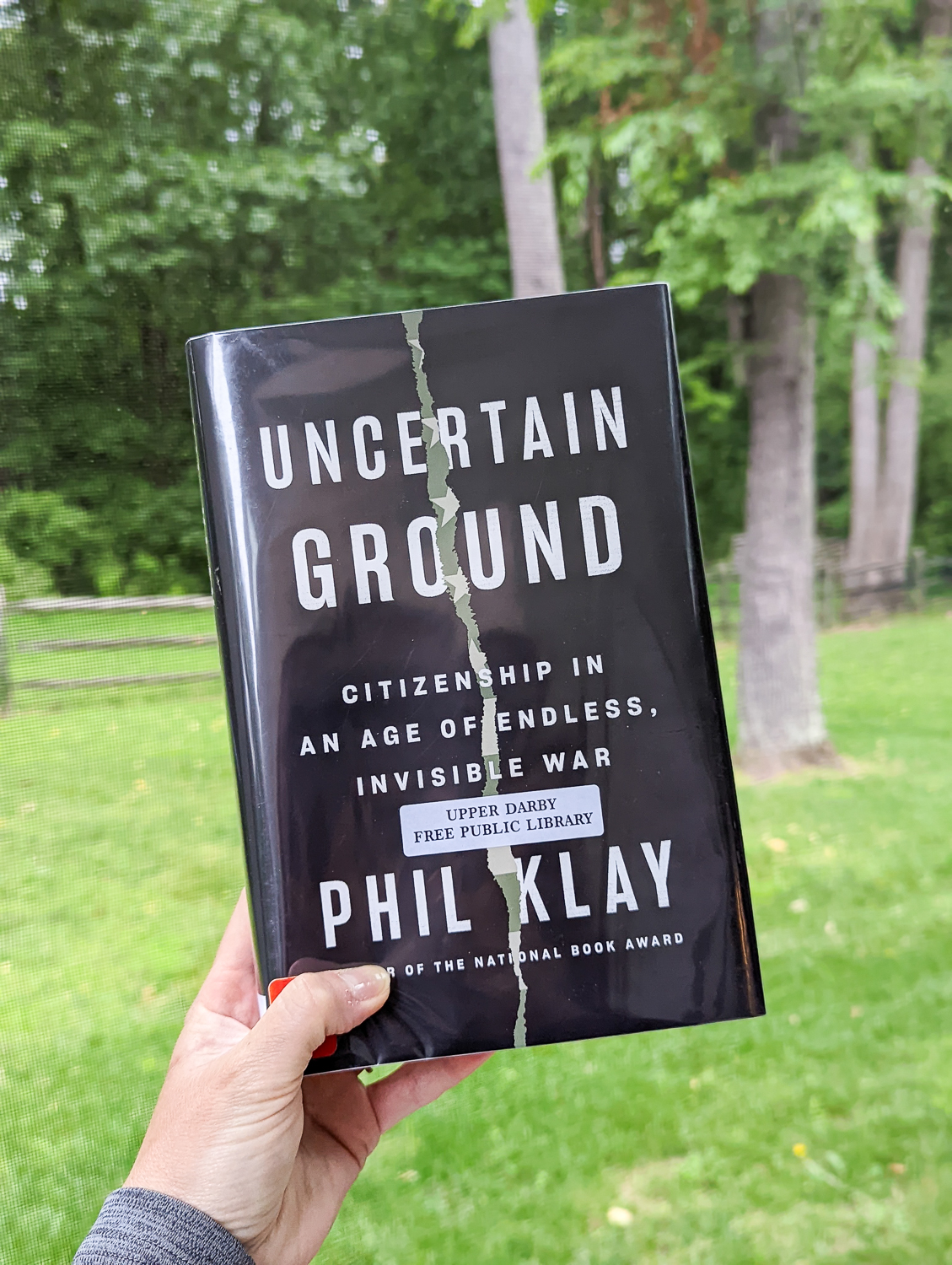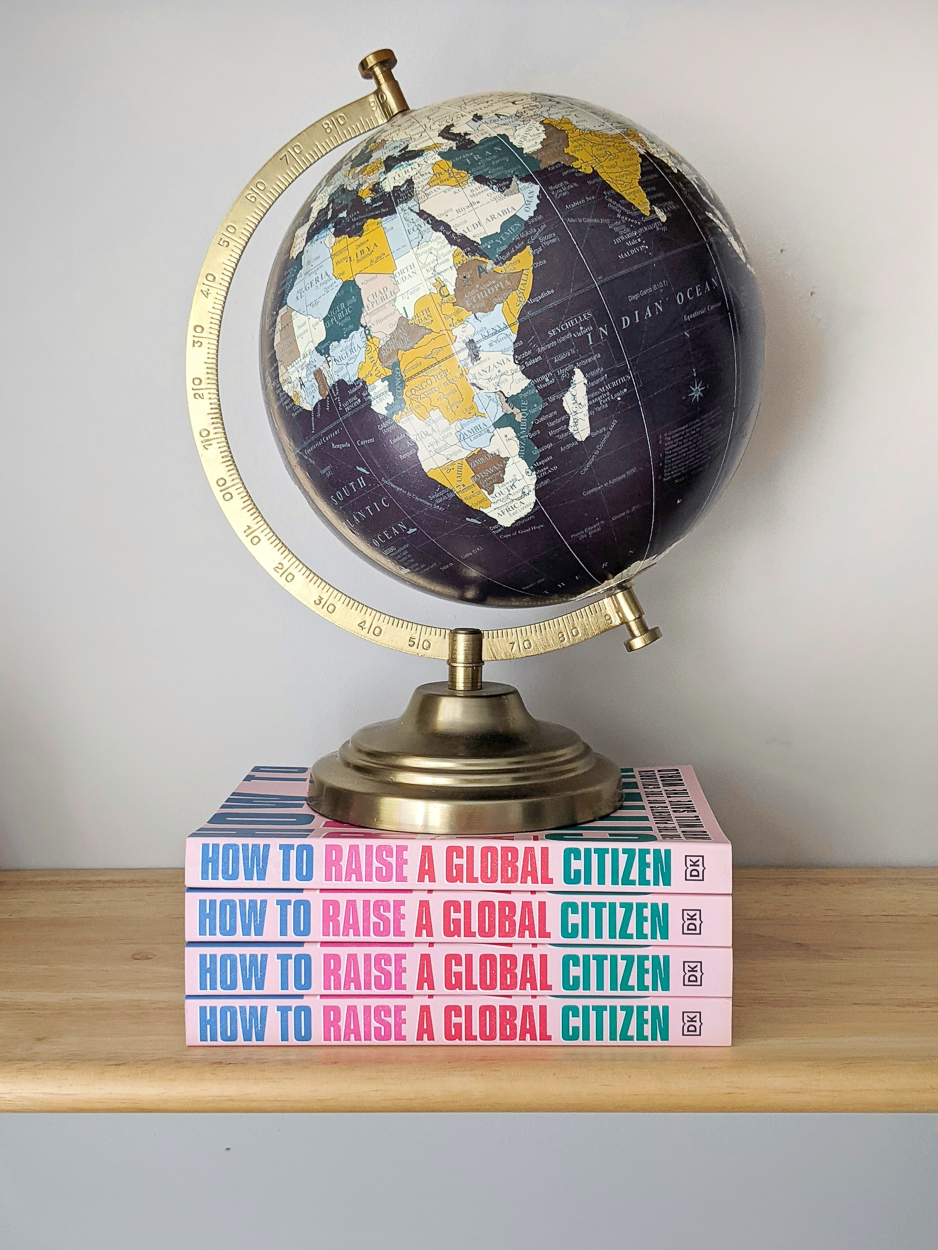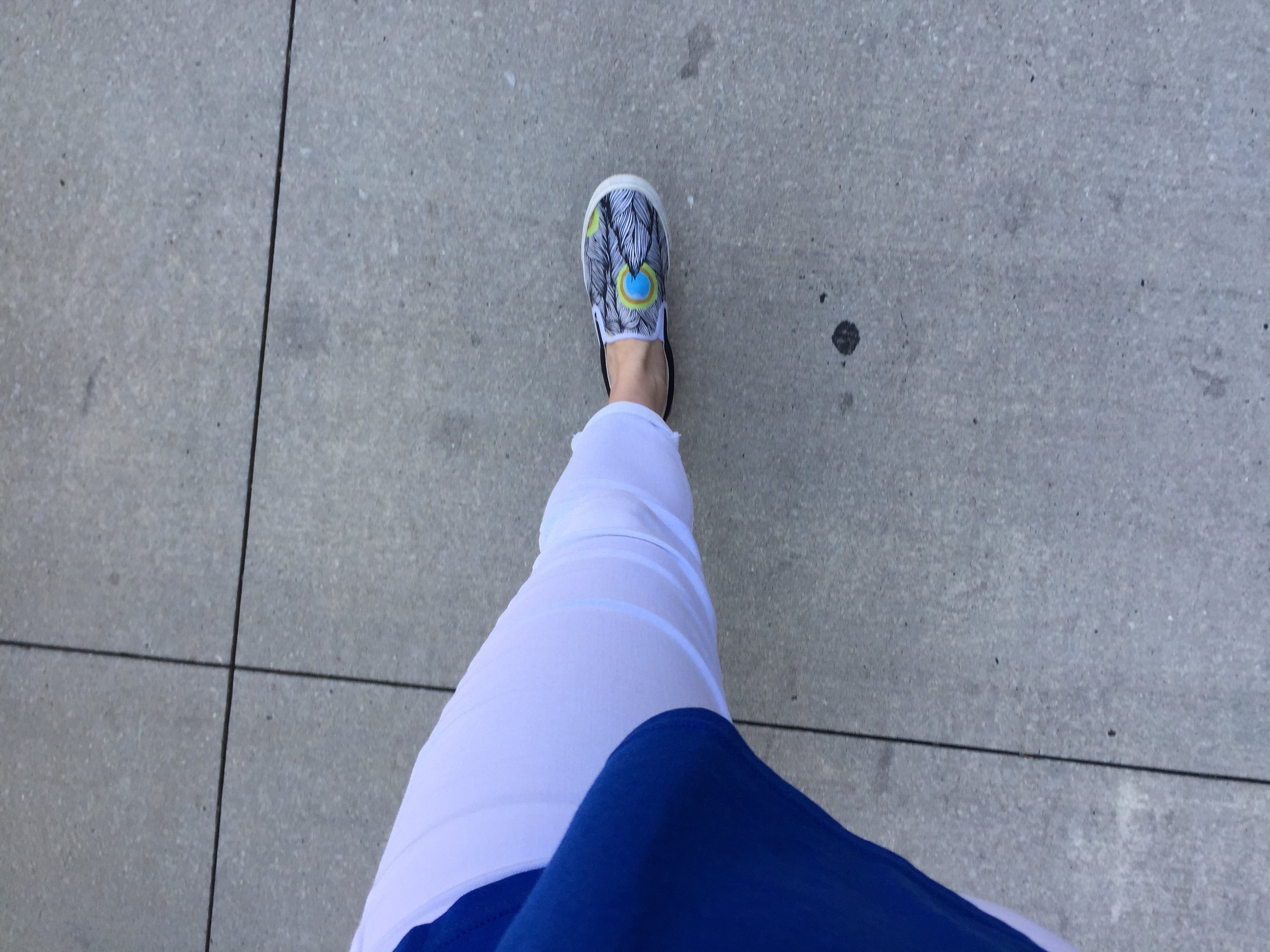Book Review of The Revolutionary: Samuel Adams by Stacy Schiff
I don’t typically read biographies, and I don’t generally lean toward non-fiction history books. But I liked this book more than I expected. Read on for my review of The Revolutionary: Samuel Adams by Stacy Schiff.
This post contains affiliate links.

While I never would have picked up this book on my own, I borrowed it from the library and read it as part of Sharon McMahon’s Governerds book club. It’s a dense book filled with really complicated vocabulary, so it certainly wasn’t an easy read. But it was very insightful for a variety of reasons, and I’m so glad I read it.
Why, might you ask, do I share a biography of a key figure in the American Revolution on a climate-focused site? Because how government works and how people believe in the function and purpose of government matters immensely with regard to how we tackle climate change.
In the United States, and around the world, there is a growing distrust of democracy and a rise of far-right and conservative movements. Among other things, these groups deny climate change or intentionally delay climate action. They also tend to push back against government spending on systematic solutions to climate change.
In the US specifically, many of these groups look back to what we call the “Framers” or the founders of our current democratic government system to support their stances. Our democracy was a product of the American Revolution in the 1770s, so prominent figures of that time (like Samuel Adams) are relevant to our understanding of US democratic foundations.
I believe, and I think many would agree, that these historical people, perspectives, and events are wildly misunderstood and twisted to be used as propaganda against our current democratic republic. In order to better understand any of the arguments rooted in the founding of our country (that my fellow citizens use to either promote or tear down our current governmental system), I have to better understand it. It’s not something I learned much about in school beyond a whitewashed and glorified story of brave revolutionaries overcoming the “bad British.”
This book shares the story of Samuel Adams, one of the leading forces behind the American Revolution. While the book tells his story, it’s also uncannily similar to so many issues we deal with today. Media is used to promote gross falsehoods. Actual events are egregiously exaggerated for propaganda. And people take serious and violent actions on the basis of complete lies.
Samuel Adams lied relentlessly to engage colonists toward the fight for independence, and yet we celebrate him and his colleagues as heroes. Was that ethical? Can we celebrate him today knowing the types of tactics he used to accomplish his goals? Do the ends justify the means?
Throughout the book, I couldn’t help but wonder if and when our current liars and their cohorts in the government will (or already do) use historical figures like Samuel Adams to justify events like the January 6, 2020, attack on our Capitol. Do they believe in some ulterior end that’s worth blatant lies for the greater good of humanity?
I was happy to reach the end to learn that Samuel Adams very much believed in the ends justifying the means with respect to pushing for change and creating a democracy when none existed. But once it was in place, he felt it was extremely important that the system be the format for honest and diligent execution of change over time within the society.
In other words, the lies and violence were necessary to overthrow an oppressive system with no mechanism for representation. But now that we have a system that has representation built into it, we should respect the voices of the people through that representation.
Additionally, Adams believed in the importance of good character and that the character of a people reflected that of their leader. In short, we need strong leaders of good character to foster good communities.
He also fought for what he believed was in the best interest of the people, oftentimes when it was not in his own personal best interest. He lived with little wealth and never sought it out. He shied away from fame and preferred to do his work from the backdrop. His actions, which were sometimes questionable, were unquestionably not driven by personal interests. These qualities distinguish his efforts from the pursuits of many (though not all) of our disappointing, self-serving politicians today.
Surely the means and messages of Samuel Adams could be interpreted in many ways. But this book helped me to better understand the truth about the process of the American Revolution and how the United States was born as a democracy. While nothing about the book specifically relates to climate change, knowledge about the origins and intentions of our political system informs my understanding of where we are today and how that system can help or deter us from solving large crises like climate change.
Reading about climate change can’t happen in a vacuum. Books focused on specific climate problems and solutions are important. I read lots of them. But we also need to continue to gain a stronger grasp on the systems and structures surrounding climate change, those that fund it, perpetuate it, and have the power to change it. The United States government is most definitely in a position to influence how our country and the world at large respond to climate change issues.
If you’re an avid reader and appreciate a dense non-fiction book, I definitely recommend this one. If you don’t read much or prefer lighter reading, this book might feel frustrating due to the author’s writing style. I’d love to know if there are other books you’ve read not about climate change but that inform your perspective on climate and related solutions.
On a separate note, the author included some really great quotes to lead off most of the chapters. Here are a few of my favorites, many of which are good reminders about how life works and that many things never change, we just have to learn to operate within the confines of the human experience.
“History’s what people are trying to hide from you, not what they’re trying to show you. You search for it in the same way you sift through landfill; for evidence of what people want to bury.” – Hilary Mantel
“Omissions are not accidents” – Marianne Moore
“No great things happen suddenly.” – Rebecca West
“The blessed work of helping the world forward happily does not wait to be done by perfect men.” – George Eliot
“We have too many high-sounding words, and too few actions that correspond with them.” – Abigail Adams, 1774
“The hero is he who is immovably centered” – Ralph Waldo Emerson
“Politics, as a practice, whatever its professions, has always been the systematic organization of hatreds.” – Henry Adams

Jen Panaro
Jen Panaro, founder and editor-in-chief of Honestly Modern, is a self-proclaimed composting nerd and advocate for sustainable living for modern families. To find her latest work, subscribe to her newsletter, Stepping Stones.
In her spare time, she’s a serial library book borrower, a messy gardener, and a mom of two boys who spends a lot of time in hockey rinks and on baseball fields.
You can find more of her work at Raising Global Kidizens, an online space to help parents and caregivers raise the next generation of responsible global citizens.







